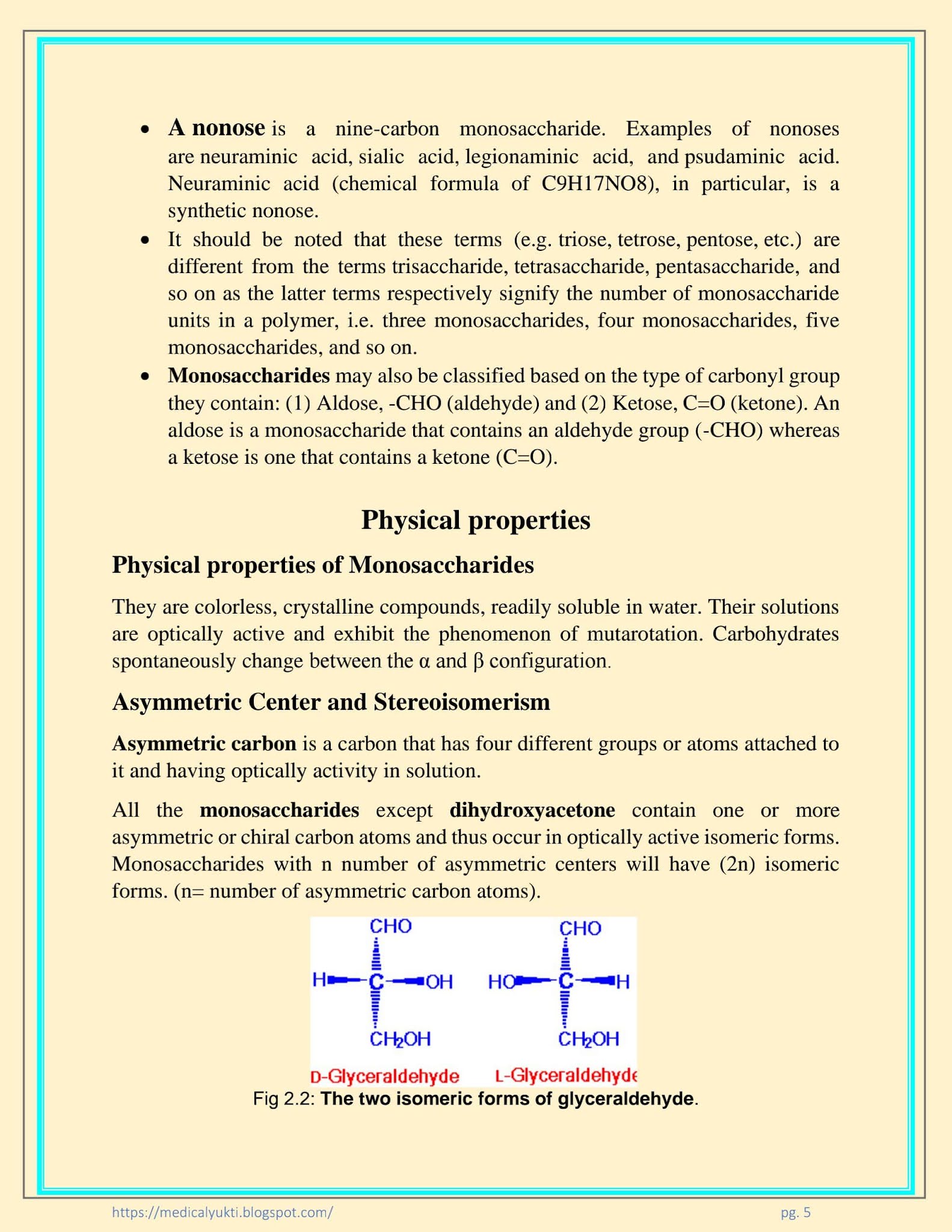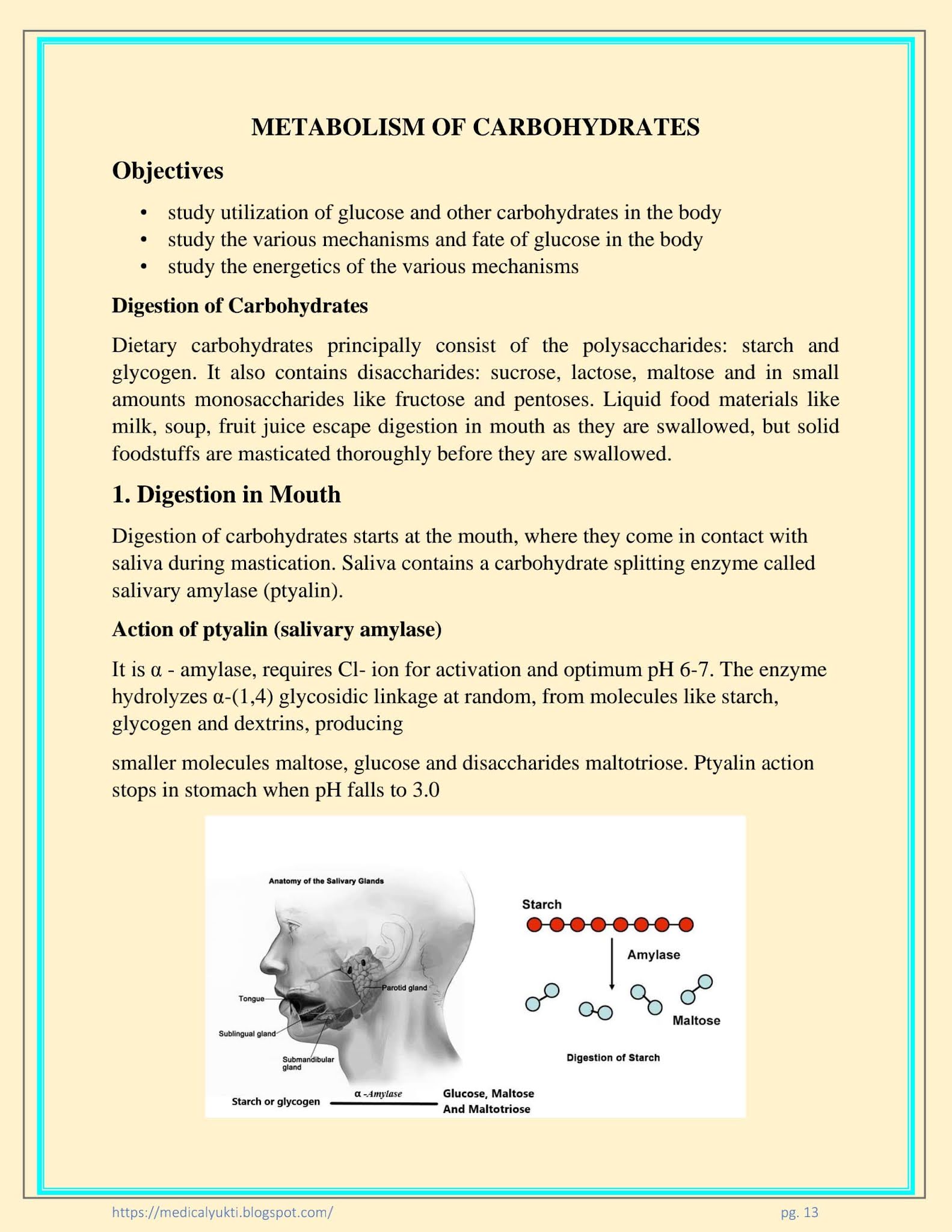Carbohydrate metabolism is a fundamental biochemical process that ensures a constant supply of energy to living cells. The most important carbohydrate is glucose, which can be broken down via glycolysis, enter into the Kreb's cycle and oxidative phosphorylation to generate ATP.
Further important pathways in carbohydrate metabolism include the pentose phosphate pathway (conversion of hexose sugars into pentoses), glycogenesis (conversion of excess glucose into glycogen, stimulated by insulin), glycogenolysis (conversion of glycogen polymers into glucose, stimulated by glucagon) and gluconeogenesis (de novo glucose synthesis).
There are multiple diseases that arise from improper carbohydrate metabolism. Diabetes mellitus is caused by a lack of, or a resistance to, insulin leading to hypo- or hyperglycemia. Lactose intolerance is a common allergy in adults and results from a lack of the enzyme lactase, which converts lactose disaccharides (found in dairy products) into glucose monosaccharides. Much rarer diseases such as galactosemia and von Gierke's diseases are caused by congenital mutations in enzymes involved in glucose metabolic pathways.































































0 Comments: